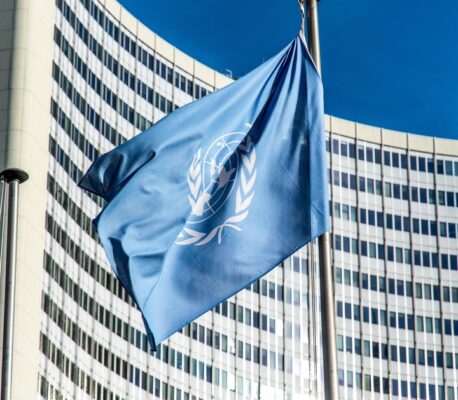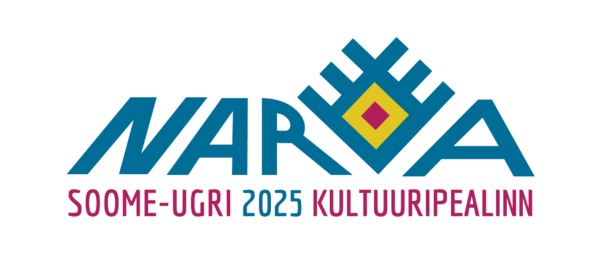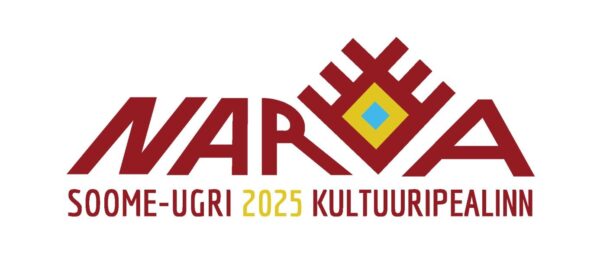Ingrian House to host the events of the Finno-Ugric Capital of Culture 2025 in Narva
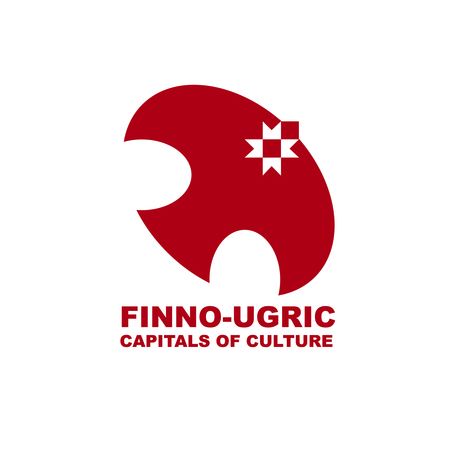
Ekaterina Kuznetsova, Director of the Narva Ingrian House, gave an overview of the events of the Finno-Ugric Capital of Culture Narva 2025 on Raadio 4 on 7 January and on ETV+ on 8 January. The events will focus on the Ingrian House, where crafts, music and other folk cultural events of Finno-Ugric peoples will take place throughout the year. Narva College of the University of Tartu, Narva Art Residence, Vaba Lava, Rugodiv House of Culture and the City of Narva are also involved in the organisation of the Capital of Culture events. In the framework of the Capital of Culture year, events will also take place in other settlements in Ida-Viru County.
The Capital of Culture year opening ceremony is planned for early March. Narva was selected as the Finno-Ugric Capital of Culture in Kuhmo in July 2024.
Finno-Ugric Capitals of Culture
The Finno-Ugric Capitals of Culture is a joint initiative of the Finno-Ugric Youth Association (MAFUN) and the Centre for Indigenous Peoples’ Development NGO, launched in 2013. Fenno-Ugria has been a partner of the Finno-Ugric Capitals of Culture since the launch of the programme.
The title of Finno-Ugric Capital of Culture is aimed at boosting the development of national regions and creating a positive image of them. Among other things, the title will help raise local awareness of the Uralic peoples and languages, reinforcing a common Finno-Ugric identity and boosting local development in the Finno-Ugric world. The symbol of the Finno-Ugric Capital of Culture is the Tsirk bird.
So far, the title of Finno-Ugric Capital of Culture has been awarded to the Udmurt village of Bygy (2014), the Seto village of Obinitsa (2015), the Hungarian village of Iskaszentgyörgy and the town of Vezprém (2016), and the Karelian village of Vuokkiniemi (2017). These are followed by the village of Shorunza (Uncho) in the Republic of Mari El (2019), the village of Mishkino in Bashkiria (2020), the Mulk village of Abja-Paluoja in Estonia (2021), Baiterek (2022), and Kuhmo in Kainuu County, Finland (2023).
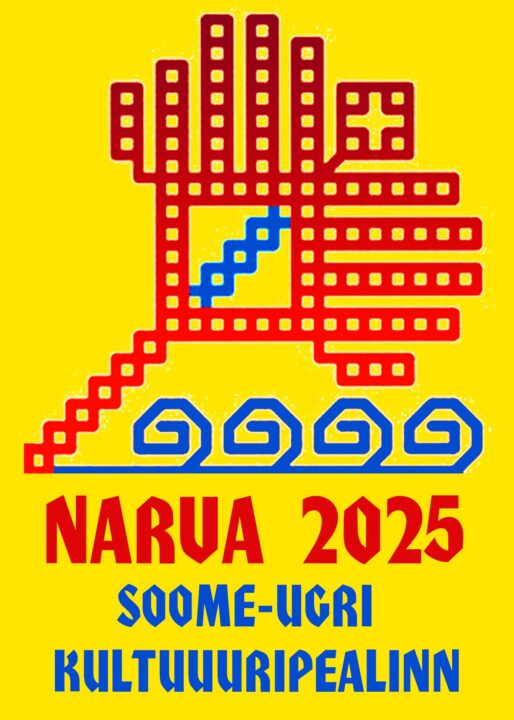
FURTHER INFORMATION:
Oliver Loode
Programme Manager, Finno-Ugric Capitals of Culture
oliver.loode@uralic.org
+372 513 2992
www.uralic.org
